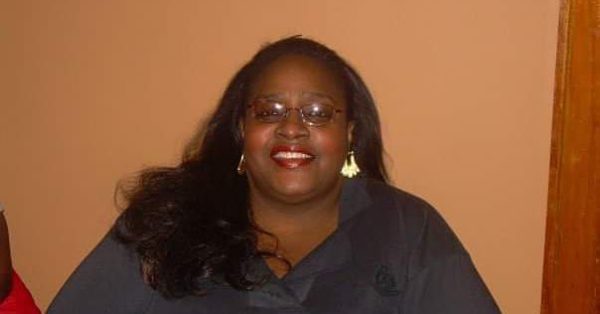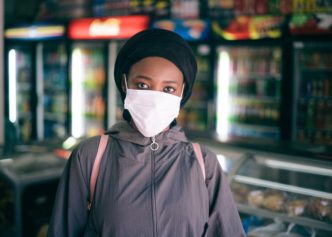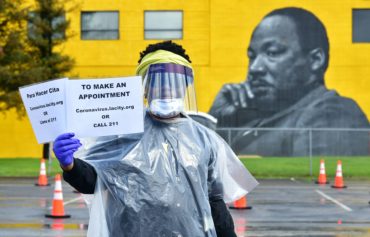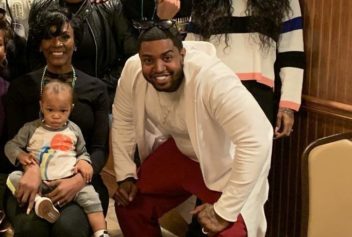To the rest of the world, Patricia Frieson was the first person to die of coronavirus in Illinois.
But to her family, she was a beloved sister and aunt who always put the well-being of others before her own.
“All of this is overwhelming,” Anthony Frieson, one of her brothers, told The Chicago Sun-Times on Wednesday.
“Being the first to die of it here is just a barrier to our grieving. It could have been the 10th, doesn’t matter. The whole point is, she’s not here anymore,” Frieson said.
Frieson died on Monday, a day after she tested positive for COVID-19. The 61-year-old had a history of respiratory issues, including severe asthma and lymphedema. She sought urgent care at the University of Chicago Medical Center on March 12 after days of difficult breathing. Due to her medical history, Frieson was admitted and diagnosed with pneumonia. She was also tested for COVID-19.
She was eventually isolated and placed in the intensive care unit. When her test results came back positive, Frieson was hooked to a ventilator. The sixth of nine children, Frieson’s death devastated her large family. To make matters worse, she died alone because her family wasn’t allowed to come near her.
“We weren’t allowed to come to the hospital to see Pat, which is the painful part about all this. We understand why,” Anthony Frieson said.
“But that’s the really difficult thing at the end — the isolation,” he added. “You end up with the sadness of not being able to be with her when she passes, the sadness of it seeming like they are alone, when you know they are not.”

Richard Frieson, another brother, remembers the retired nurse as “an amazingly loving person” and “one of the sweetest people you ever want to meet.”
“She cared for everybody but herself,” Richard told The Chicago Tribune. “She liked taking care of people.”
“Pat cared for my grandmother up until her death in 1988,” Anthony recalled to the Sun-Times. “My dad passed in 1989, and Pat moved back to Chicago in the late ’90s to care for my mom until she passed in 2002.”
Despite her health issues, Frieson was “quite amazing in maintaining her independence,” according to Anthony. Whenever she had issues with her breathing, she’d go to the doctor.
“Every once in a while, her asthma would require medical treatment, and she’d be admitted to the hospital, get recalibrated and come out good as new,” he continued.
Since Frieson recently hosted a large gathering, her family members were advised to quarantine themselves, and they have been trying to get tested for COVID-19, with varying levels of success. State officials claim Frieson “had known contact with another coronavirus patient,” but her family doesn’t know how she got the virus, since she had limited mobility.
“Pat’s house was the essential focus for any gathering. And so we’re hugging, we’re kissing. We weren’t operating under any restrictions. We didn’t know she had the virus,” Anthony said.
“Fast-forward. She’s diagnosed with this terrible virus. It’s very contagious. Everybody has been around her. We’ve been told we should all operate under the assumption we may have the virus,” he continued.
The family must also figure out the logistics of how to commemorate her passing. They plan to cremate Frieson, per her wishes, but are struggling to plan a memorial service, since large gatherings are banned.
“So not only are we trying to deal with the loss of our family member, but also concern for the rest of our family,” Anthony added. “The impact of this virus is so far-reaching you can’t even imagine it till you’re faced with it.”
As of Thursday, according to WLS-TV, 288 Illinois residents have been diagnosed with the COVID-19 virus.


